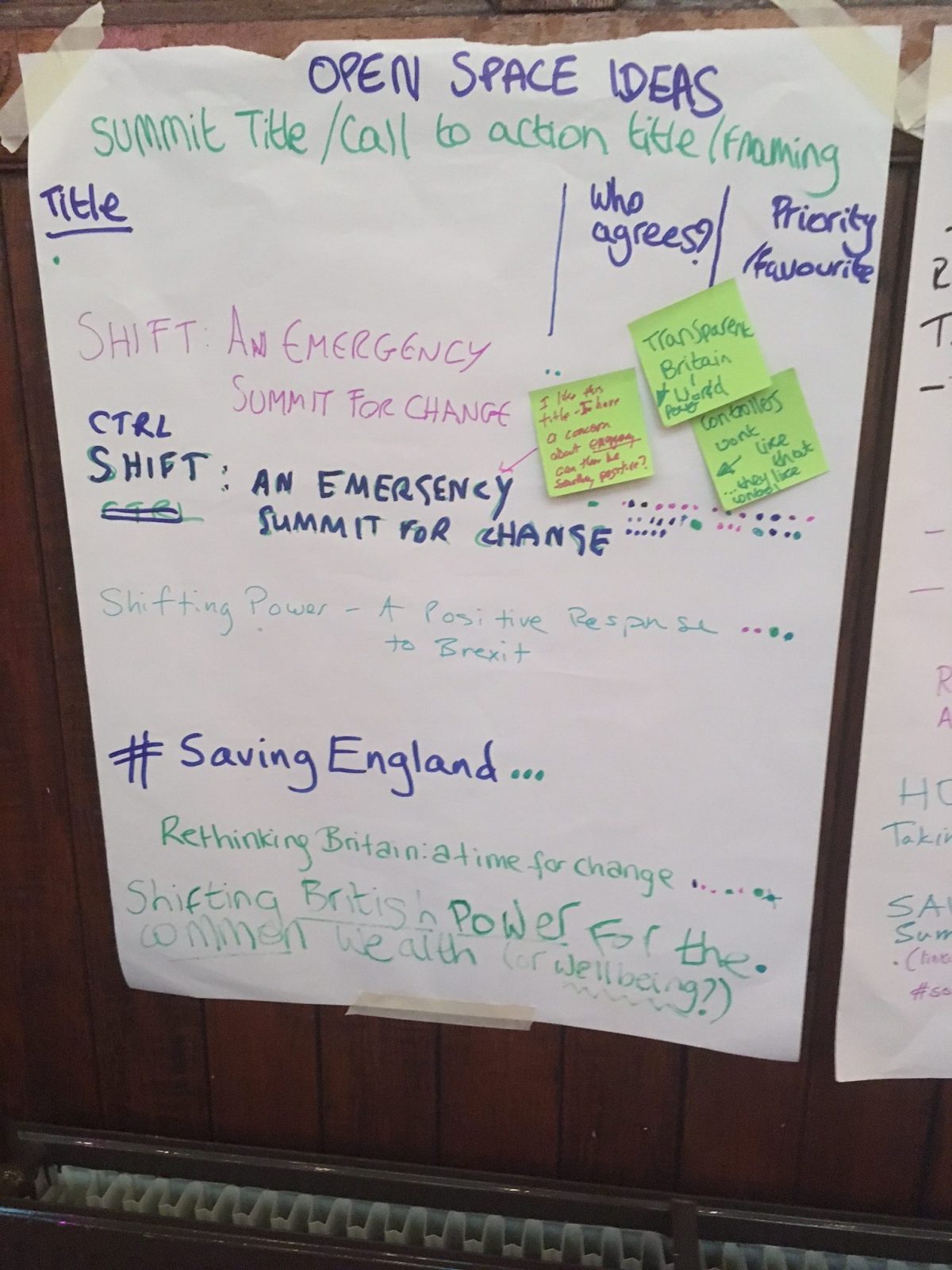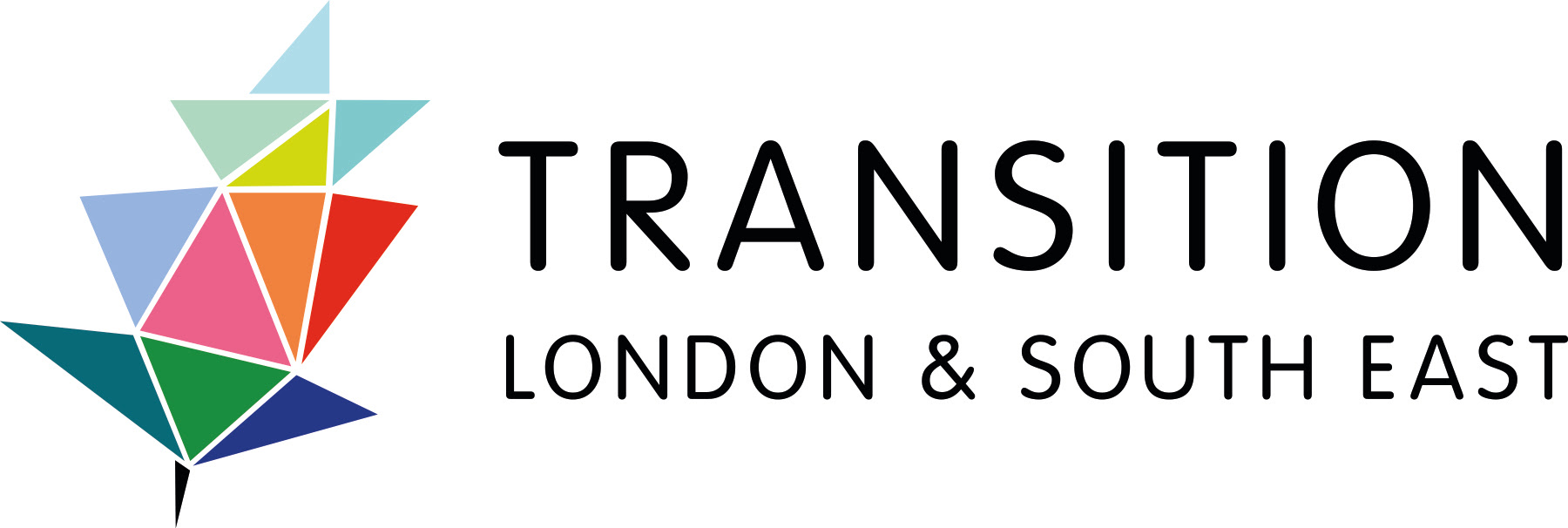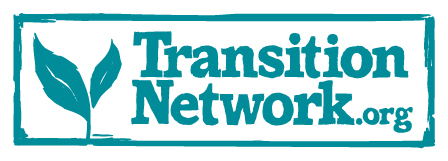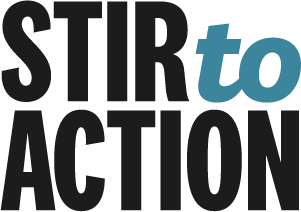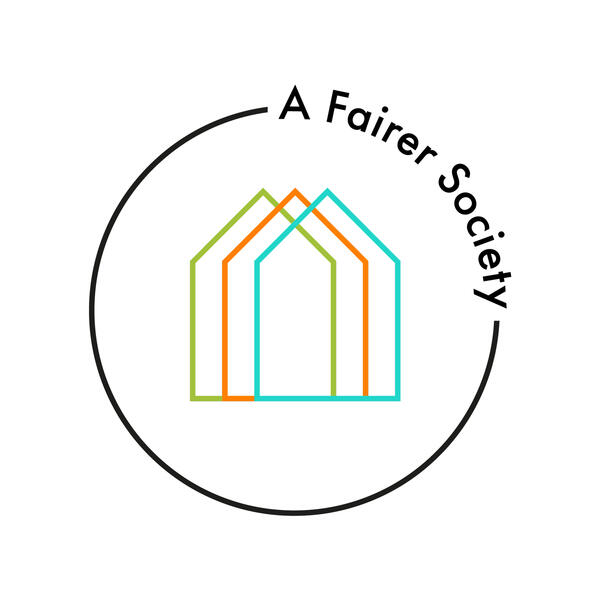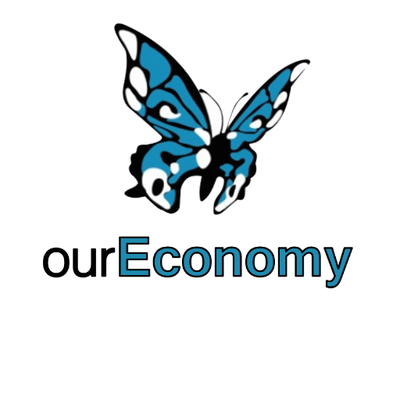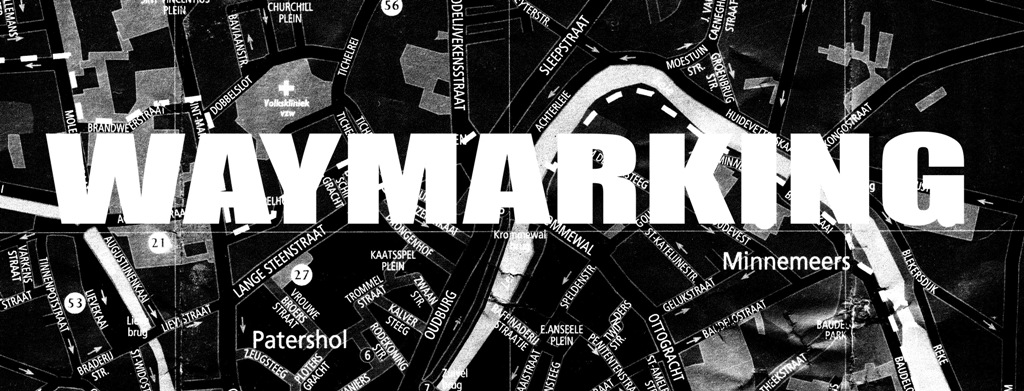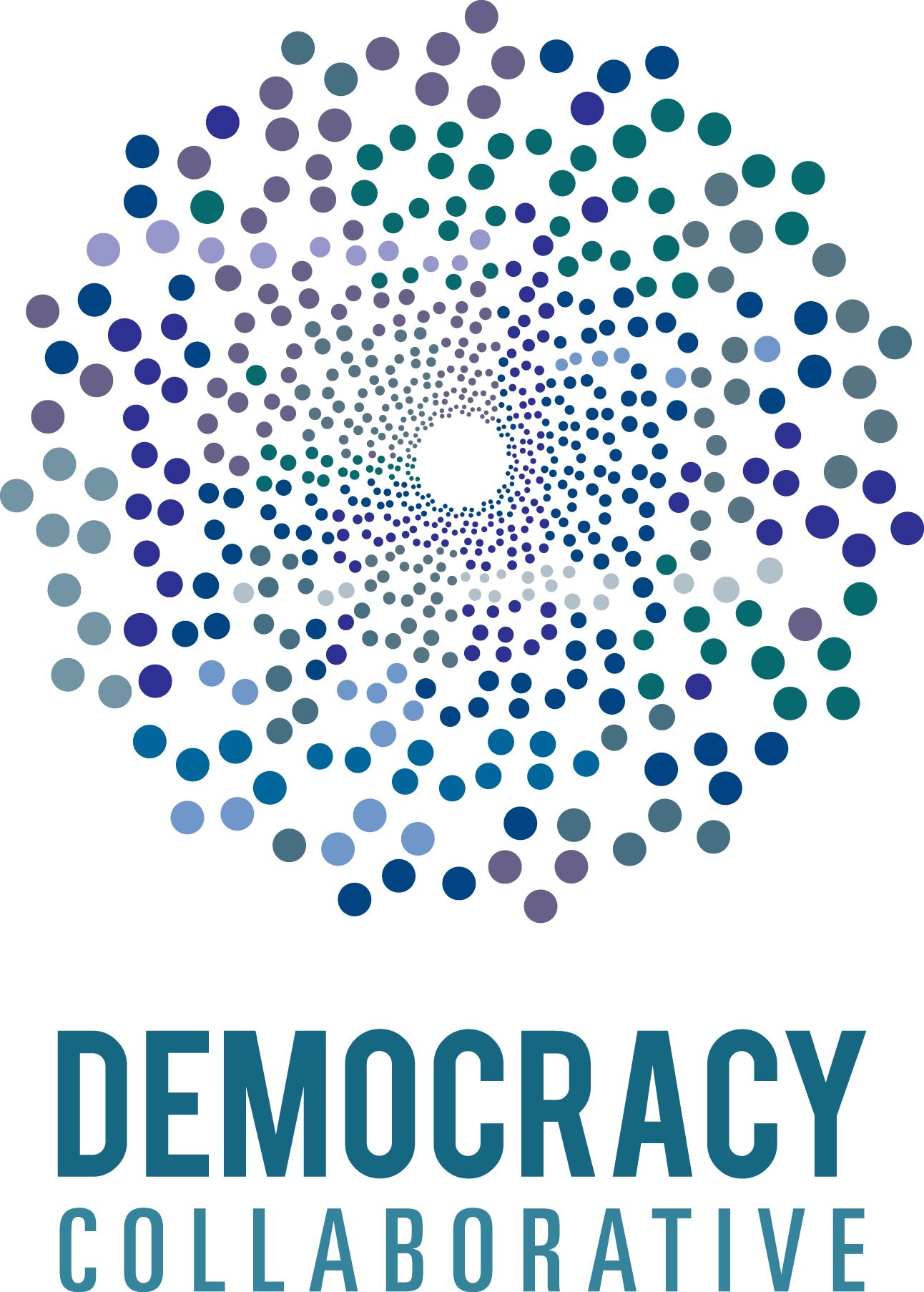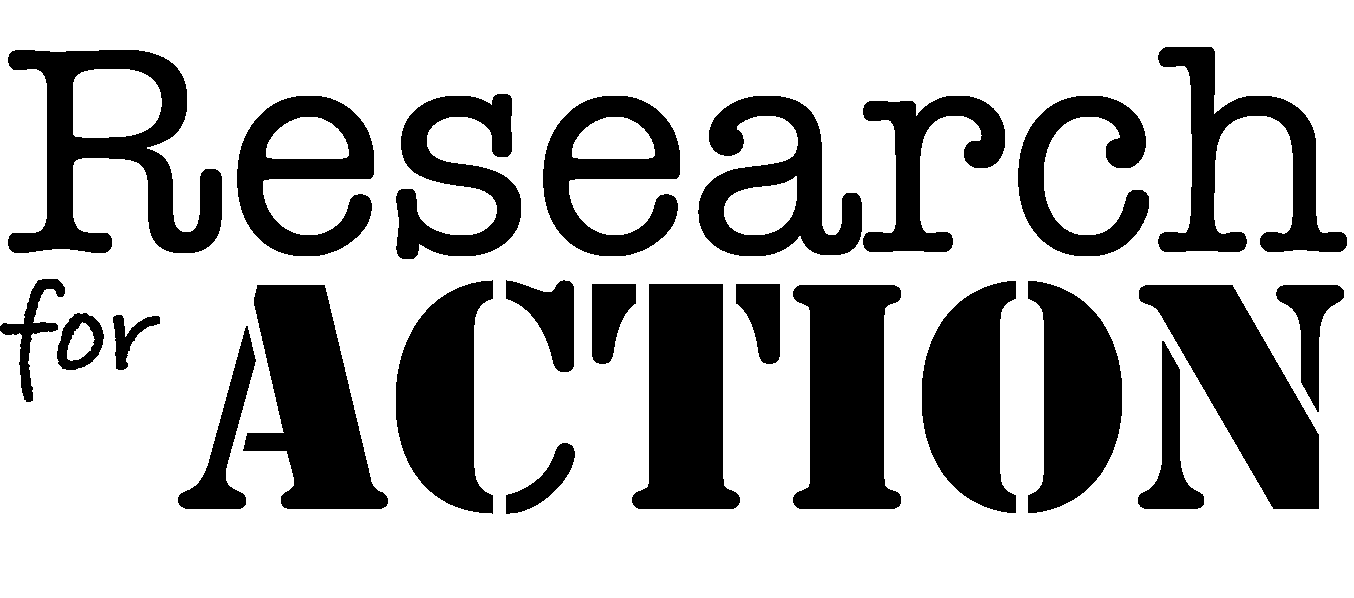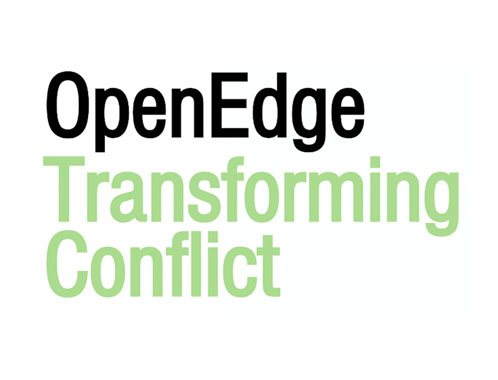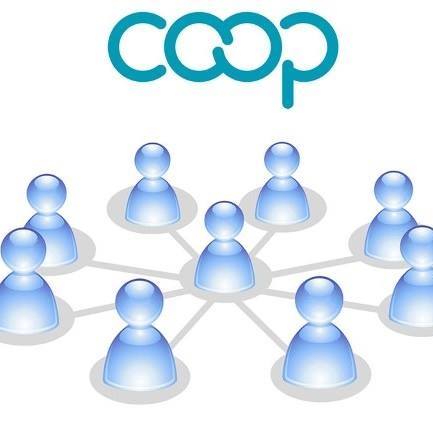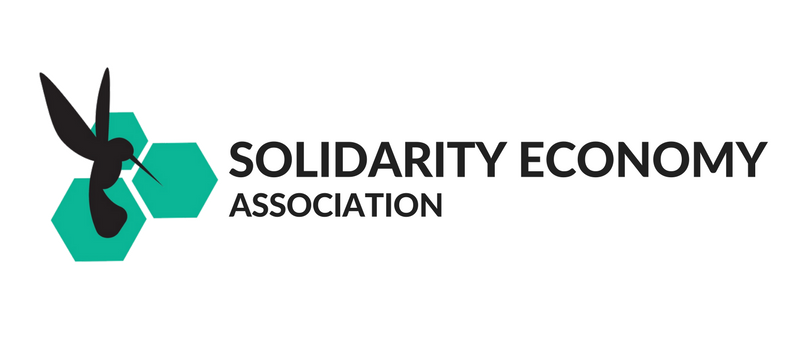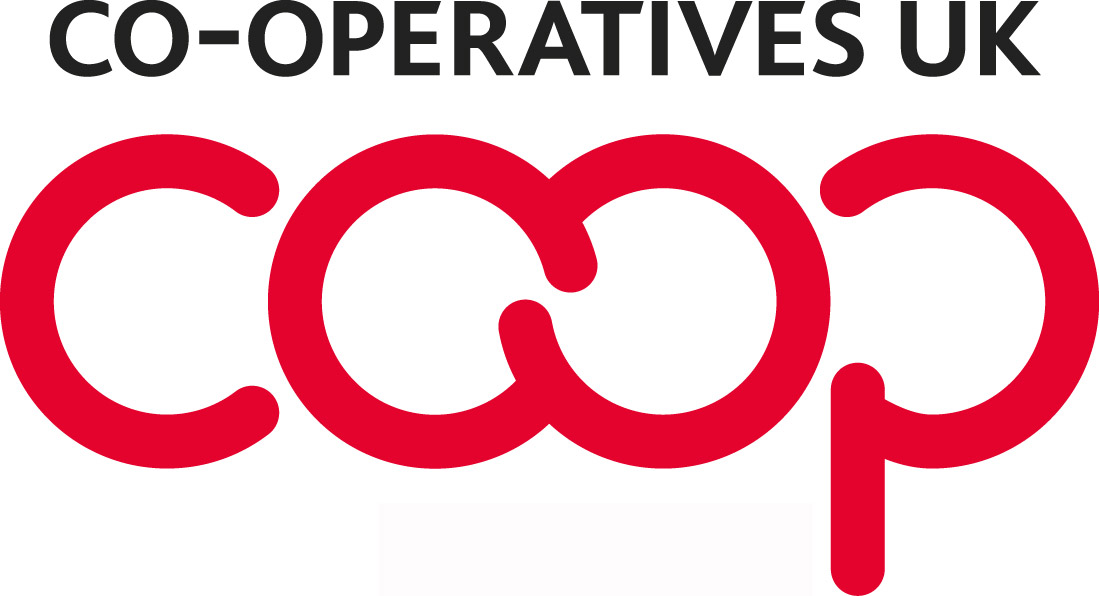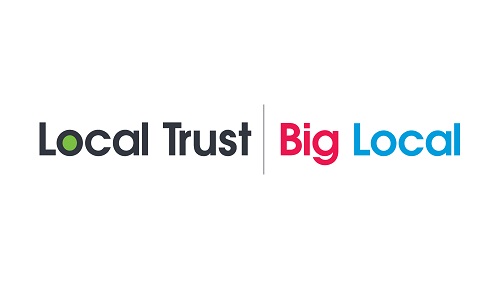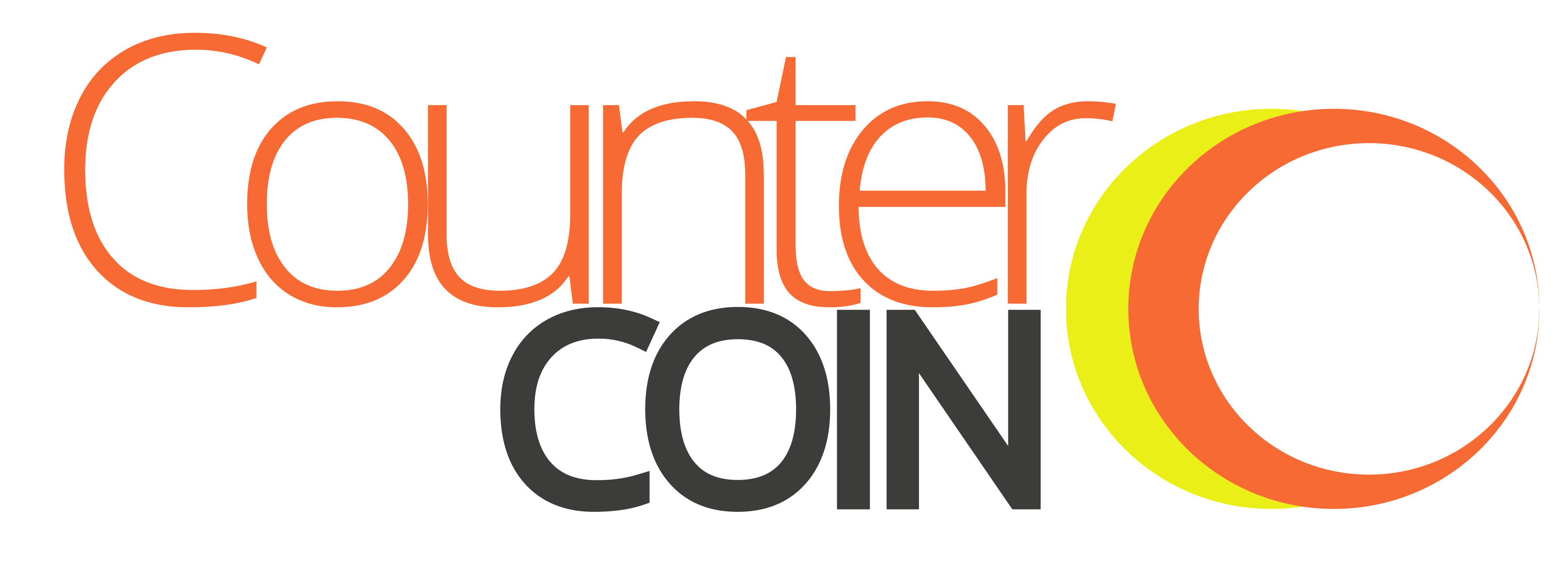A report from Wigan
![]()
By Indra Adnan, co-initiator of The Alternative UK
Have we been here before? Not in a reincarnated but in a cyclical sense: are all our problems the eternal challenges of humans trying to live together and progress? Or are they always new, unique to the moment and accompanied by unprecedented opportunities?
It’s a question – or an accusation maybe – we hear all the time when we express optimism about the times we’re living in. Giving a platform to all the socio-political initiatives we are witnessing in the Daily Alternative – displaying not only creative responses to dire circumstances but also a willingness to co-operate, a liberation of feeling for others – is often met by cynicism. What’s different, people say, from the 60s when ‘anything was possible’? Or the 90s, when ‘everything was attempted’?
But if human beings improve with maturity, surely, we should be able to say the same for our democracy? That doesn’t mean that institutions can only get better, but that society can always know more than it did before about how things fail.
This week we found ourselves plotting with a motley crew of organisations, each with its own network of collaborators. Amongst them members of the Permaculture Association, Transition Towns, and the P2P Solidarity Co-operatives, who are coming together because they see a new convergence of energies that could shift us meaningfully away from environmental disaster. Not simply groups of people who want to save the world, but new dynamics of power and organisation that might make that possible.
In a nutshell, what they are pointing at is knowledge about alternative ways of growing food and harnessing clean energy matched with newly proven practices of self-reliance and co-operation at a local level. They are on the journey of taking back control – not simply from Europe but from any power, usually national, that is not doing enough to save the planet.
In an otherwise inspirational film, An Inconvenient Sequel, Al Gore was sadly bathetic when he answered the question “what do we ordinary people do to stop the planet warming?’ with “write to your MP”. Surely, Al, they could also devise their own energy policies? Of course, we are not yet at the point where local communities have become independent of the national grid altogether – but even that is now in their sight (and can be a pressure for reform of these larger grids, in a smarter and more equitable direction). With the revolution in communication, organising is much easier than before. And, perhaps more important to the cynics, hard-earned experience means human frailty is less likely to sabotage any group that begins to get it together.
I watched this constellation in process, successfully addressing difficult conundrums such as British versus English identity, why the terms Left and Right can be transcended and how emotions and logic are not opposed. I felt unusually grateful for the history of these movements – a past which nurtured these very-human beings and a future which may see their life-time efforts rewarded.
The most excitement however was reserved for new confluences yet to be tried. What might happen for example, when we bring together the wisdom accrued from Transition Towns and the energies released with the implementation of a Citizens Basic Income? Rather than do CBI trials in random places with no ready-made culture of engagement and inclusion, why not offer it to towns that are ready to receive and create value from people with time suddenly on their hands? That could mean growing vegetables in car parks, but it could also mean new ways to combat loneliness – Transition have thought of these things before.
In the coming age of automation, how might previously hard-working citizens be engrossed in play – not leisure as we know it, but experimentation with new personal and social activity that offers meaning and purpose? Some say it will be a highly entrepreneurial era, creating new markets of all kinds. Others that its highest achievement would be the enlivening of post-industrial communities, where the significant work of re-building social relations is no longer seen as a luxury we can’t afford. In both scenarios, we will begin to think about people in more than economic terms.
If only one of these experiments works well, it would offer an example of resilience that could be copied the world over. Would that not, in itself, begin the important work of countering the dystopian futures our media – and particularly film culture – seem committed to?
This is an editorial from the Alternative Weekly Newsletter (sign up here, and previous newsletters here) which begins to pull together the many strands of socio-political change reported in our Daily Alternative blogs and give some shape to the emerging politics of the future.

